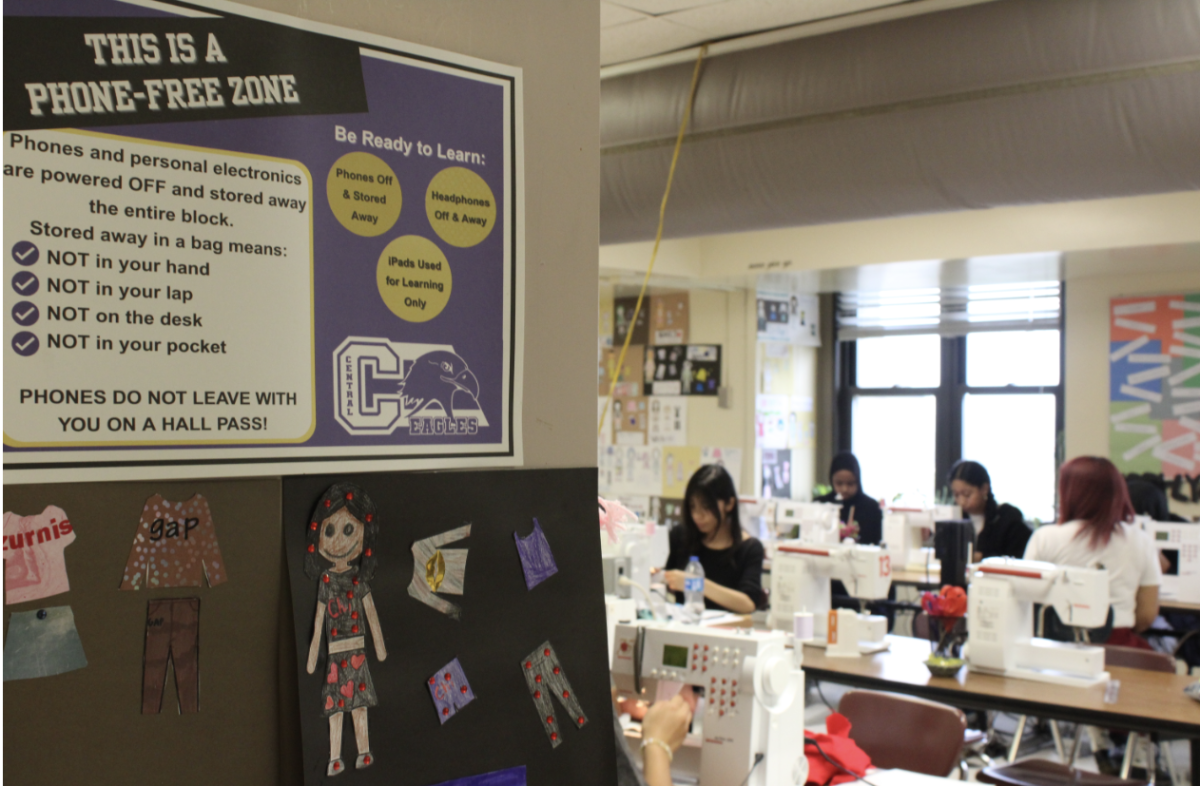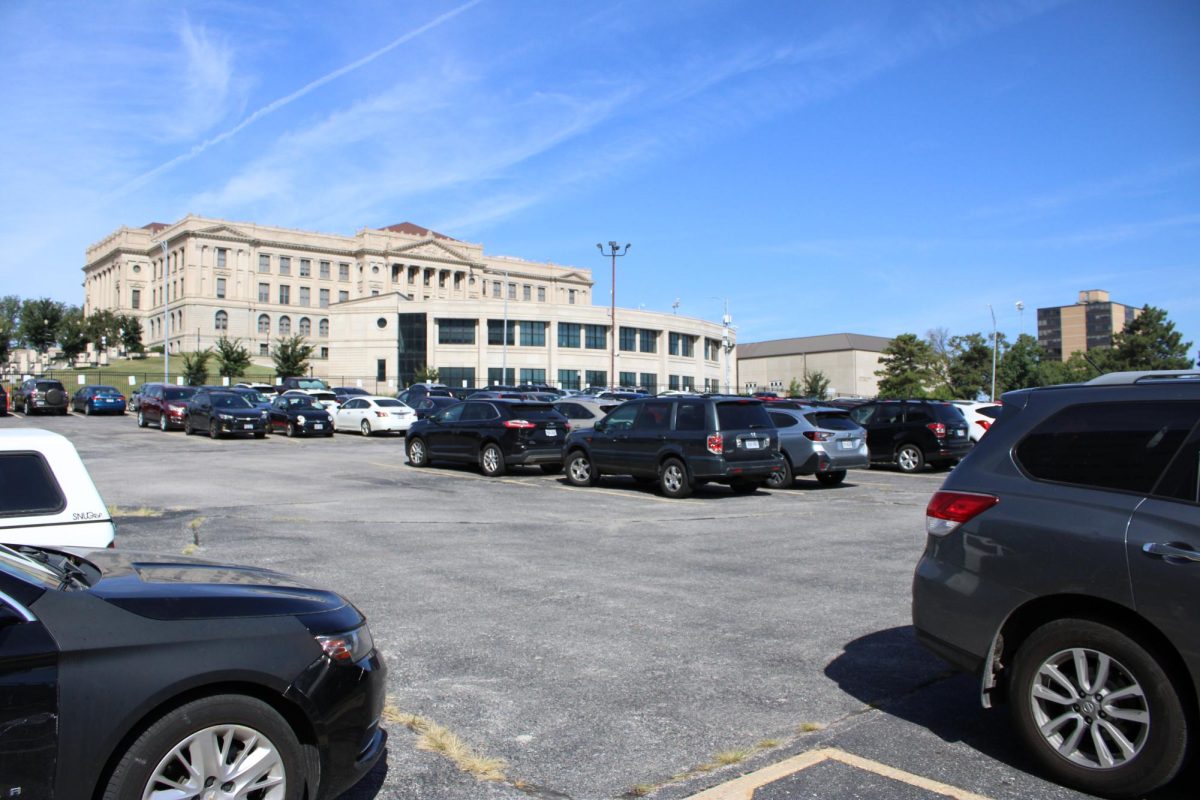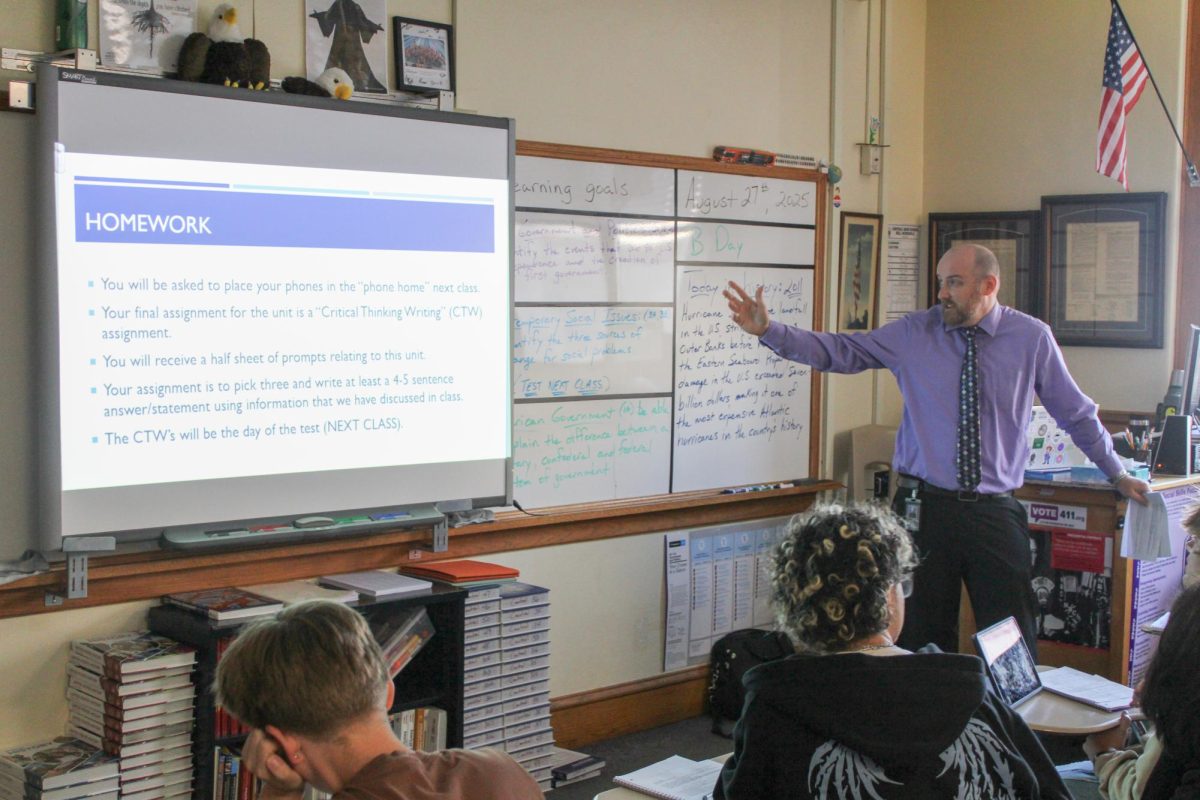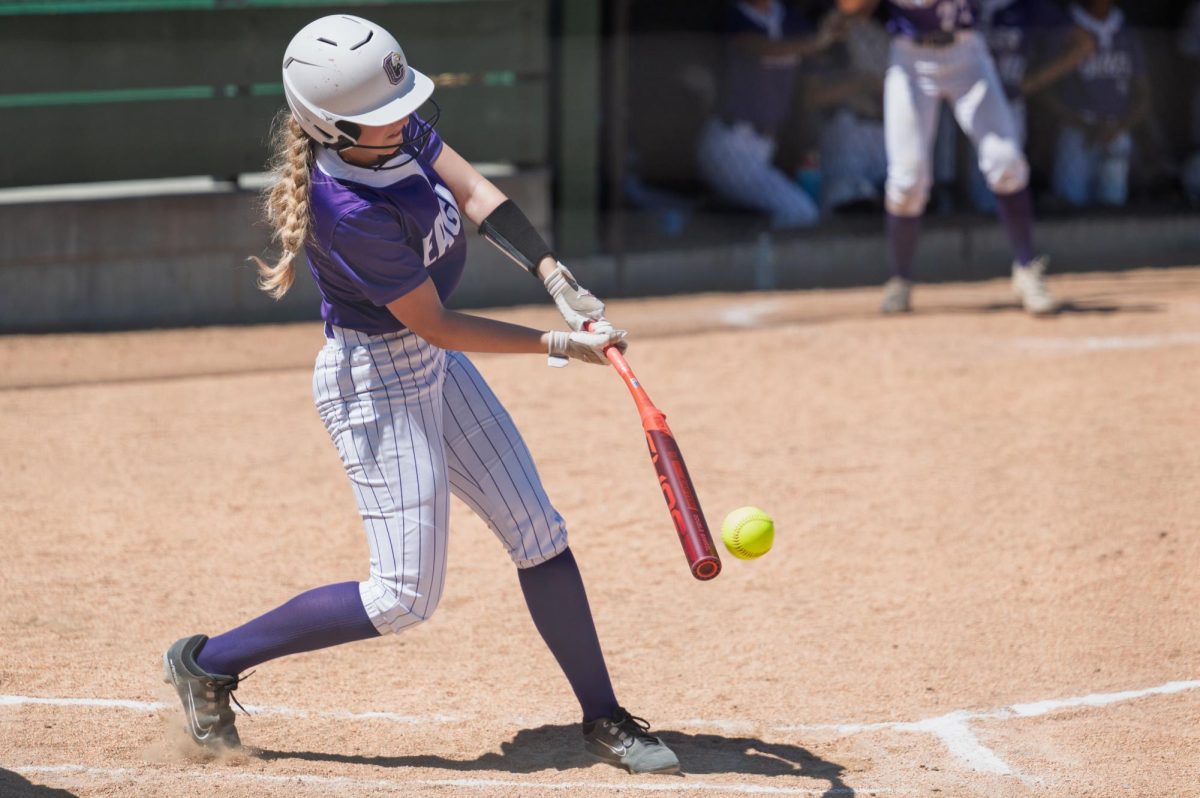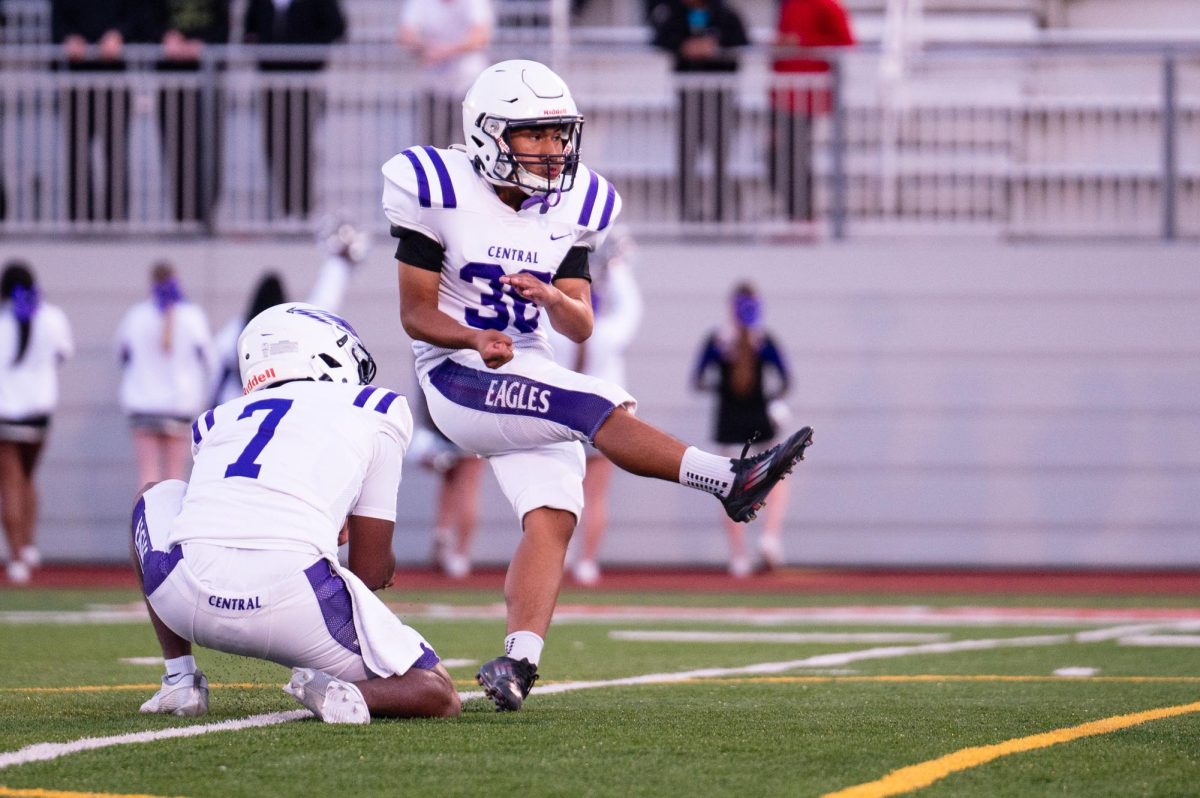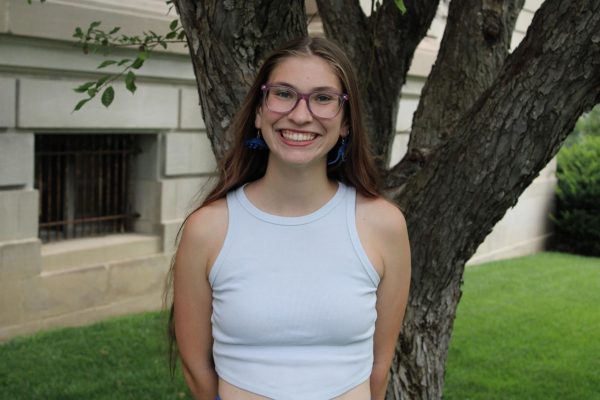The 2023 Legislative session for Nebraska’s Unicameral, or state government, produced many bills affecting young people and students. Among the most controversial were LB574, which limits gender-affirming care for transgender youth and bans abortions after 12 weeks, and LB753, which allows donations to private schools to be written off one’s income tax. Advocates for public schools say LB753 gives private schools more funding by taking from the income tax revenue going to public schools. The passing of LB77 also allows Nebraskans to carry a firearm without a permit.
The next session of Nebraska’s Unicameral begins Jan. 3 and will last until April 18. During this time, state senators from the 49 legislative districts in Nebraska meet at the State Capitol in Lincoln to propose, debate and potentially pass bills. Legislative experts predict that the upcoming session will bring up bills that were not passed this year, such as LB575, which would limit transgender youth’s participation in sports and use of bathrooms. Nebraska’s Unicameral is a biennium, meaning that proposed bills are debated across two years; this year is the second year of the biennium.
Information about bills being proposed can be found on the Nebraska Unicameral website https://nebraskalegislature.gov/ or through organizations involved in state politics. Central has a Student Progressives club, previously had a Young Republicans club and often hosts politicians such as U.S. Representative Don Bacon to talk with students. News stations and The Register will also cover important bills and their progression through the state government.
One way for students to have their voices heard in the 2024 Legislative session is to find and connect with their state senator. State senators are elected to represent a district’s Nebraskans and their views in the Unicameral; each state senator’s job is to listen to their constituents’ views. Students can find their state senator by visiting the Unicameral website and entering their address. Central is in District 7 and is represented by Tony Vargas, so students can also contact Vargas as he represents where Central students attend school. Students can email, call or send a letter to their state senator expressing their views on certain bills or topics. For instance, a student could email their senator explaining that they are a constituent and why they support a certain bill. This contact information is on the Nebraska Unicameral’s website.
Students can also ensure that their opinion on a bill is heard by all senators by testifying on a bill. When a bill is ready to hear public input, Nebraskans can travel to the State Capitol to give an in-person testimony on why they support or oppose a bill. Testifying in-person requires traveling to Lincoln at the time of the hearing, but it shows senators a visual representation of how Nebraskans feel about a bill. Even if someone does not testify, being at the Capitol to visibly support a cause and those fighting for it still creates an impact. Students can also submit an online comment for the record by visiting the bill’s page on the Unicameral website.
Additionally, students also have a say in who their state senator is. State senators not only vote on bills but also introduce bills and run their campaigns on the values they will support at the Capitol. State senators are elected every four years by the voters in their district. Students who are 18 can vote for their state senator in elections. Otherwise, students can encourage their families to vote, or they can support a state senator candidate in their campaign.
State politics may not seem as influential or important as national politics, but students can have a say in the decision-making directly affecting Nebraska, its schools and its people.





